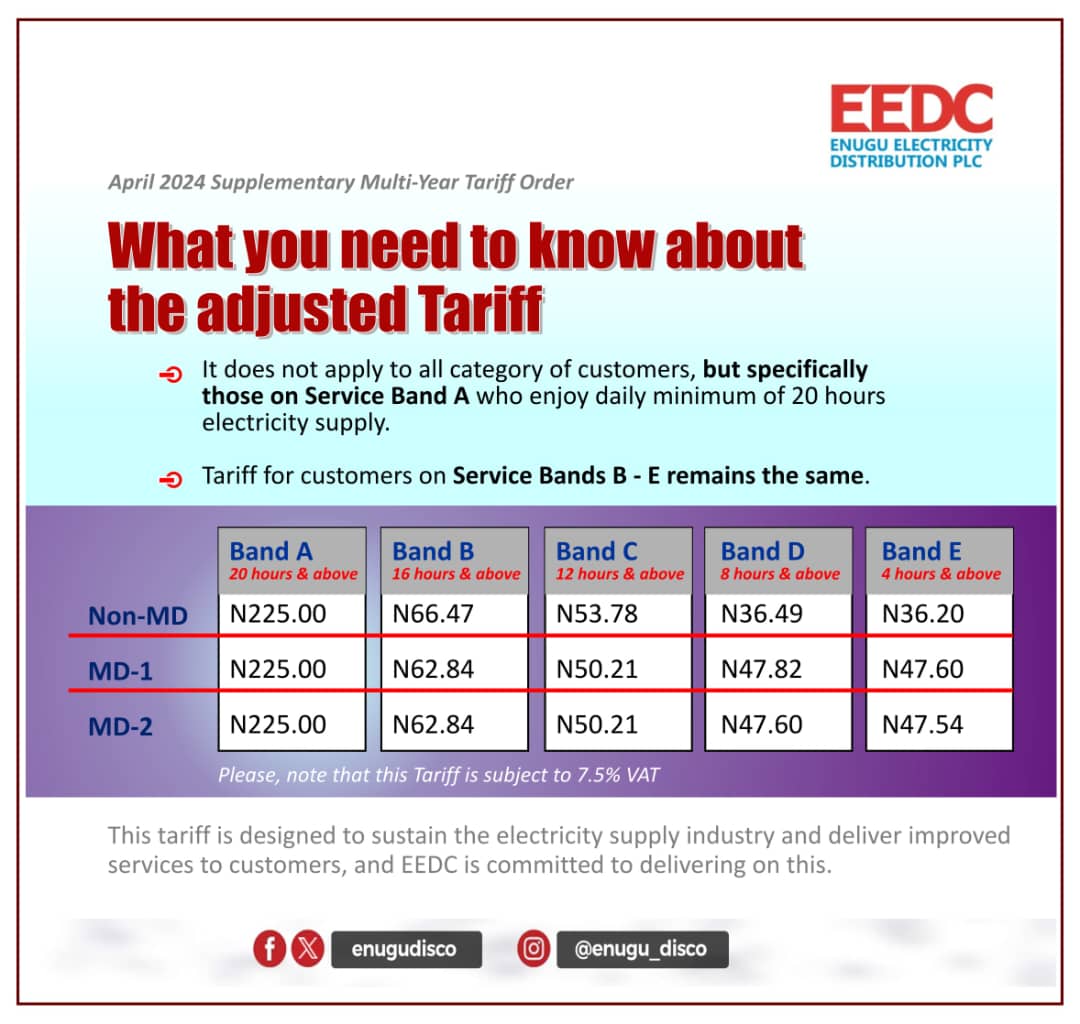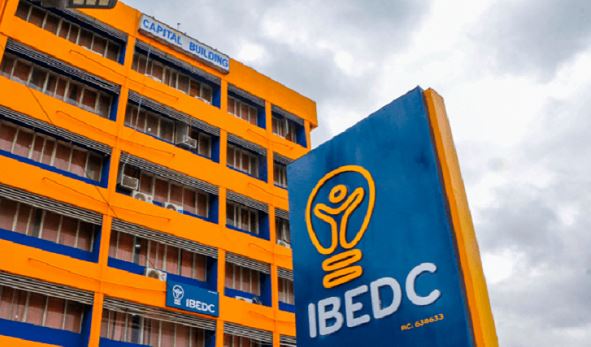Breaking: Iran Initiates Drone Attack on Israel, IDF Confirms
- News Center NG
- April 13, 2024
- 0
Related Posts
French Forces Intercept Iranian Drones
Israel Braces: Response to Iran Imminent
House of Reps Denies N100 Million Palliative Allegations
- News Center NG
- September 13, 2023
- 0
Nigeria House of Reps vehemently denies recent media reports suggesting…
[Analysis] Israel-Iran Tensions: Will Israel Heed US Advice?
- News Center NG
- April 14, 2024
- 0
In a historic development, Iran's recent attack inside Israel signals…
French Forces Intercept Iranian Drones
- News Center NG
- April 14, 2024
- 0
According to a source within the French military, French forces,…
Israel Braces: Response to Iran Imminent
- News Center NG
- April 14, 2024
- 0
Israeli Defense Minister Yoav Gallant emphasized on Sunday that the…
Breaking: UK PM Confirms RAF Intercept of Iranian Drones
- News Center NG
- April 14, 2024
- 0
In a significant development, UK Prime Minister Rishi Sunak has…
Iran’s Threats to Israel Persist: things to know
- News Center NG
- April 14, 2024
- 0
Iranian threats loom large in the aftermath of an unprecedented…
SPORTS
Europa league: Liverpool, West Ham humiliated in Q-final 1st leg
- News Center NG
- April 12, 2024
- 0
In a thrilling series of matches in the Europa League quarter-final first legs, surprises abounded…
Football: Nigerian Defender Slumps, Dies During Training [Photos]
- News Center NG
- April 8, 2024
- 0
A Nigerian football defender identified as Chidubem Onyebuchi has Reportedly slumped and die during training.…
EPL: Everton FC slammed again, sinks in big mess
- News Center NG
- April 8, 2024
- 0
Everton have been given an additional two-point deduction for a breach of the Premier League’s…
Sheffield Utd Bursts tires of Chelsea FC with cheap nail
- News Center NG
- April 7, 2024
- 0
Sheffield United managed to secure a draw against Chelsea FC in a thrilling match at…
ENTERTAINMENT
Uproar As EFCC snaps, shares Bobrisky’s backside publicly
- News Center NG
- April 12, 2024
- 0
Bobrisky might be facing a six-month prison sentence without the option of fines, but he…
Nollywood Actor Junior Pope, 4 others Die; Movie, Director Named
- News Center NG
- April 11, 2024
- 0
Nigeria's film industry, Nollywood, is mourning the loss of one of its talented actors, Mr.…
Jr. Pope Is finally Gone [Update]
- News Center NG
- April 11, 2024
- 0
Popular Nolliwood Actor known as Jr. Pope has been confirmed dead by the Medical Doctor…
Breaking: Jr Pope cheats death, he’s alive
- News Center NG
- April 10, 2024
- 0
As the controversy surrending the earlier report that Jr. Pope a popular Nigeria Nolliwood Actor…
BALANCED BODY AND MIND TIPS
BUSINESS
EDDC shows how new electricity tarrif affect all customers
- News Center NG
- April 8, 2024
- 0
Enugu Electricity Distribution Company (EEDC) has published a infograph explaining the cost per head of…
Full List Of Loan Apps Blacklisted By CBN
- News Center NG
- April 6, 2024
- 0
In a recent development, the Central Bank of Nigeria (CBN) has issued a list of…
IBEDC Downgrades 27 Feeders, Obasanjo farm from Band A to E
- News Center NG
- April 6, 2024
- 0
In a recent development, the Ibadan Electricity Distribution Company (IBEDC) has unveiled a comprehensive list…
Trans-Border Traders Reject Naira Amid Depreciation Woes
- News Center NG
- April 6, 2024
- 0
The West African market region is witnessing a significant shift in currency preferences among trans-border…












